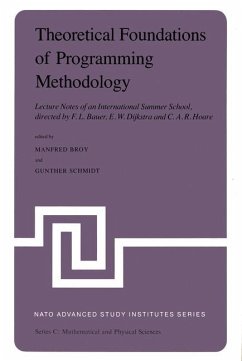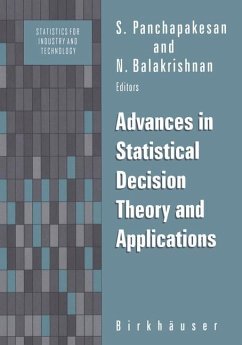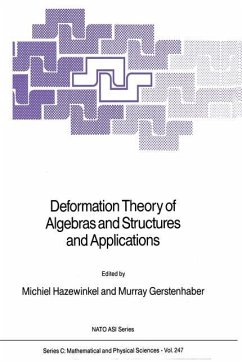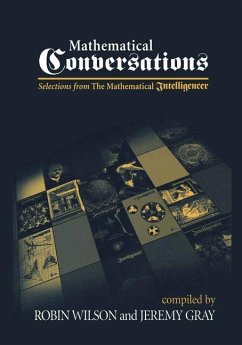Nicht lieferbar
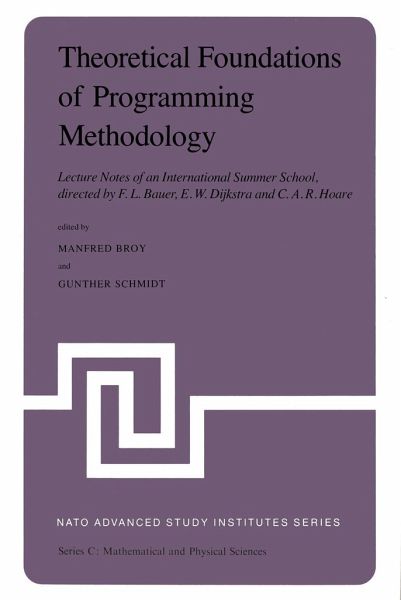
Theoretical Foundations of Programming Methodology
Lecture Notes of an International Summer School, Directed by F. L. Bauer, E. W. Dijkstra and C. A. R. Hoare
Herausgegeben von Broy, M.; Schmidt, Günther
Long ago~ the welfare of a sooiety used to depend heavily on the skill and dedioation of its oraftsmen - the miller~ the blaok smith~ the oobbler and the tailor. These oraftsmen aoquired their skill by a long and poorly paid apprentioeship to some master of their oraft. They learned by imitation and experienoe~ and by tri al and error. They did not read books or study soienoe~ they knew nothing of the theory of their subjeot~ the geometry of their ru dimentary drawings~ nor the mathematios underlying their primitive oaloulations. They oould not explain how or why they used their methods; yet they worked effeotively by themselves or in small teams to oomplete their tasks at a predioted oost~ to a fairly well predioted timesoale~ and usually to the satisfaotion of their olients. The programmer of today shares many of these attributes of a oraftsman. He learns his oraft by apprentioeship in an existing team of programmers - but his apprentiaeship is highZy paid and usually very short. He develops his skill by trial; but mostly by error. He does not study theory~ or even read books on Computer Soience. He knows nothing of the logical and mathematical founda tions of his profession; and he hates to explain or justifY~ or even to dooument what he has done.




